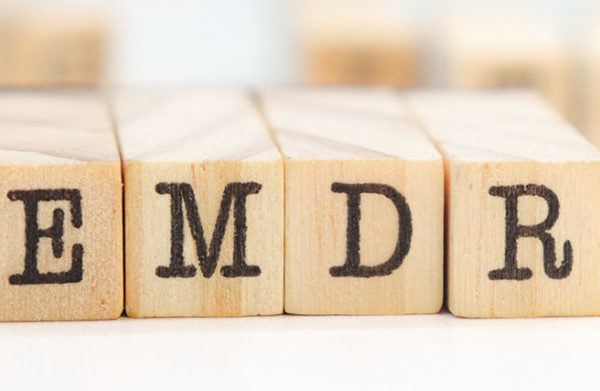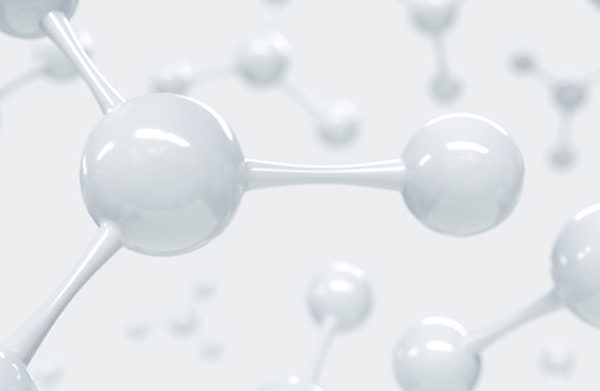
SHA Magazine Health & Beauty
Make sure you have optimal cognitive performance when making important decisions.
We all want to make good decisions. Imagine looking back in ten years and saying to ourselves: I made great choices. I was skilled in the decision-making process. But the satisfaction of making a good decision depends on many factors. Among them are the options you must choose from, the stress you are under at the time of making the decision, the social pressure on the outcome, and, of course, your cognitive performance.
Being mentally rested and cognitively fit is key to having a clearer vision and deciding well.
Much of the success in making difficult decisions lies in your prefrontal cortex, an area of the brain that is responsible for impulse control and allows you to reflect and weigh the pros and cons calmly before deciding.
The ventromedial prefrontal cortex is the main region involved in decision making That’s where the integration of sensory, mnemonic, and emotional information takes place to decide on the best available options. The amygdala is another relevant structure in this process, as it oversees processing and encoding the emotional signal and its association with contextual stimuli.
Finally, the dorsolateral prefrontal cortex is also involved in this process as it is the one that activates the working memory, especially when a complex decision is in front of us. It is known that all these areas of the prefrontal cortex and the brain are involved in decision making thanks to extensive and contrasted neuroscience studies, including the review Brain Mechanisms of Decision Making, published in the Neuroscience Journal. Neuroscientists claim that our brain system is designed to make decisions.
So why do we make mistakes so often if our brain is designed to make the best decisions?
The truth is that we almost never make decisions calmly, with time to evaluate all the options, compare and decide. We usually do so in a hurry, with a tight deadline and weighing options that have positive and negative elements in almost equal measure, for example, between a position with a high salary and long working hours, and another with a lower salary, but with more free time.
A team of neuroscientists at the Massachusetts Institute of Technology (MIT) has discovered that making decisions in this type of dilemma, known as cost-benefit conflict, is very difficult and the process is often affected by chronic stress.
A brain dominated by anxiety does not make good decisions because, in that case, it is the limbic system deciding – the area responsible for emotional responses, memory, and motivation. The limbic system often supplies our imagination with multiple catastrophic possibilities that will never occur but will prevent us from realistically weighing the pros and cons of each situation, hindering the ability to make good decisions
How can we ensure that we are in the best position to make decisions? The best thing to do is to ensure that our cognitive performance is optimal, and all our capabilities are at their best and focused on making good decisions even when conditions are not always the most favorable.
Many circumstances can conspire against cognitive performance. For example, fatigue, frequent travel with time zone changes, stress, expectations, multitasking or technology abuse can leave you physically and mentally exhausted. According to data from the Global Leadership Forecast study, six out of 10 managers suffer extreme burnout at the end of the day.
A reset program to regain mental agility and precision when making decisions is a good choice. At SHA Wellness Clinic, the Leader’s Performance program is designed to restore performance, productivity and decision-making acuity. “In the program we address the seven areas that influence cognitive performance: nutrition, physical exercise, rest, stress and emotion management, detoxification, gut microbiota recovery and hormonal balance.
All the treatments are extremely personalised so that they fit like a glove to the characteristics, temperament and needs of each person,” explains Dr. Vicente Mera, Head of the Healthy Ageing Unit and Specialist in Sleep Medicine at SHA Wellness Clinic. In addition, the program is compressed into a week to make it compatible with the work obligations of senior managers and people with work responsibilities.
The patient, working together with a multidisciplinary team of professionals, will recover their maximum physical and mental potential and strengthen their immune system and general health. The person will return to his or her best physical and mental condition. Mistakes will be minimized and the confidence to make difficult decisions will grow.





